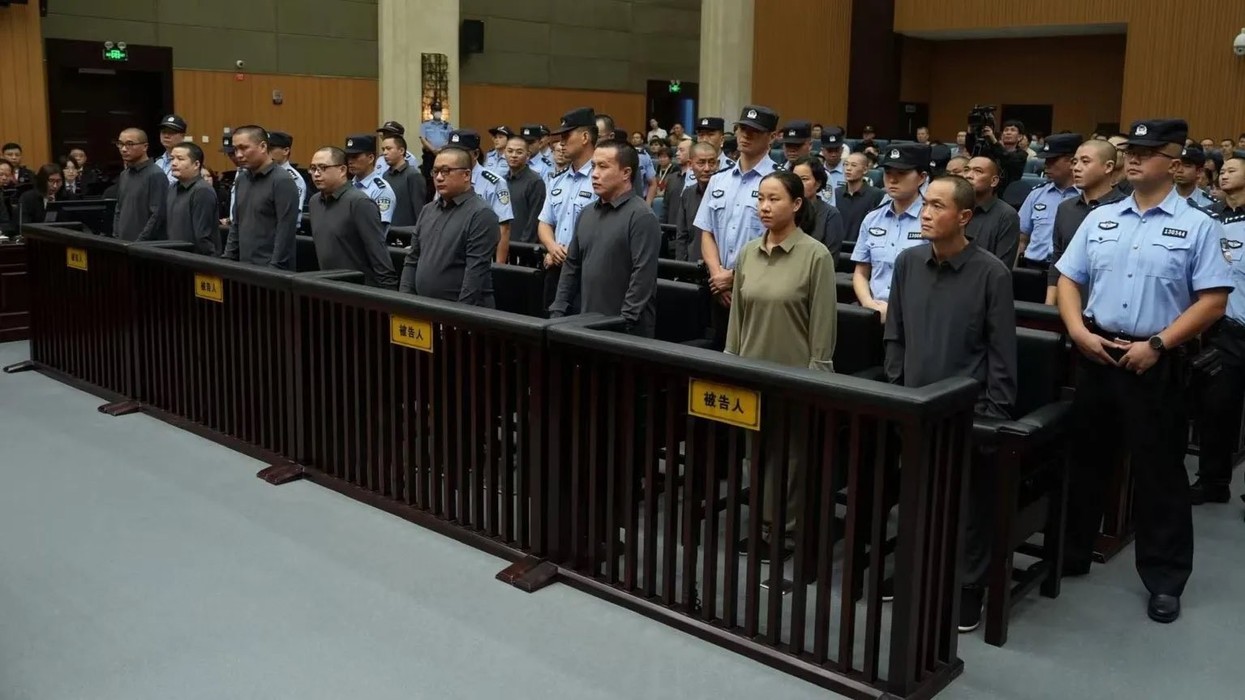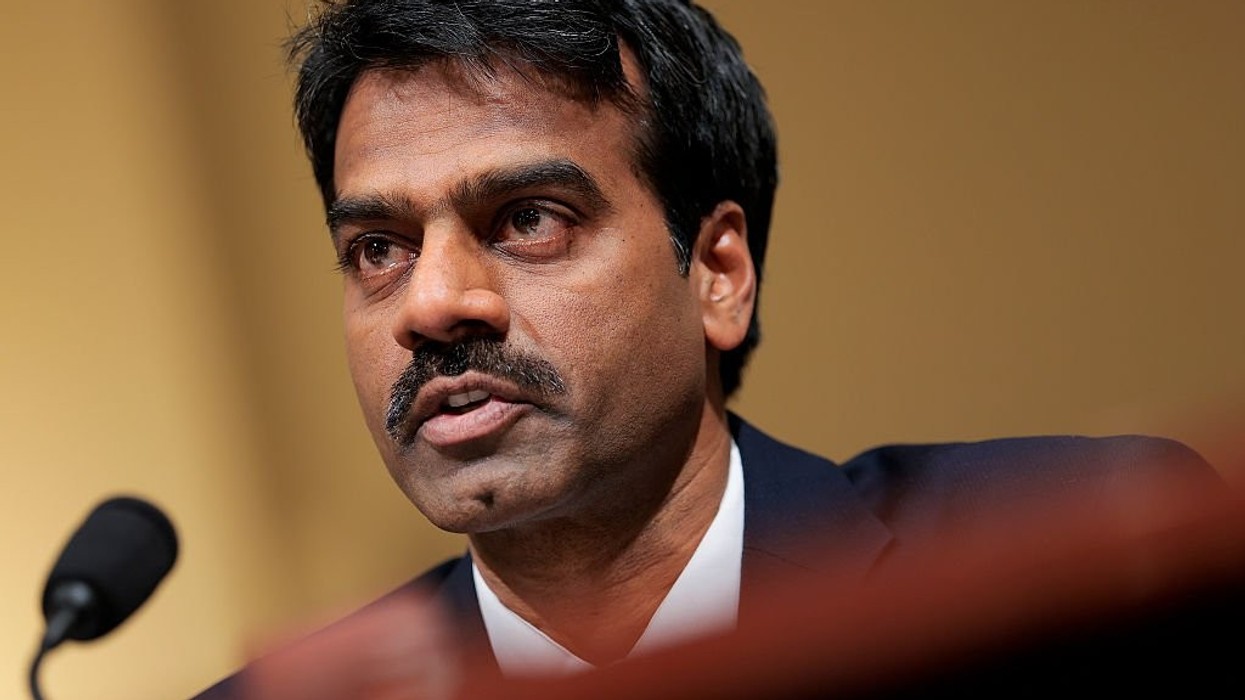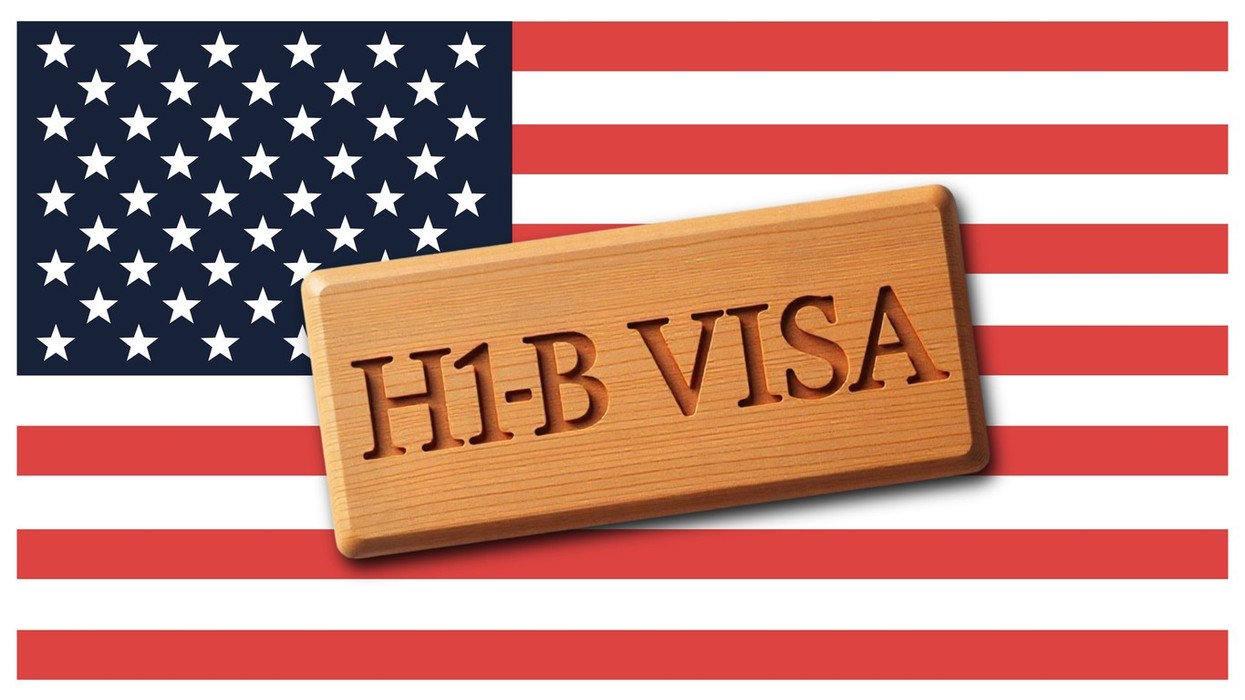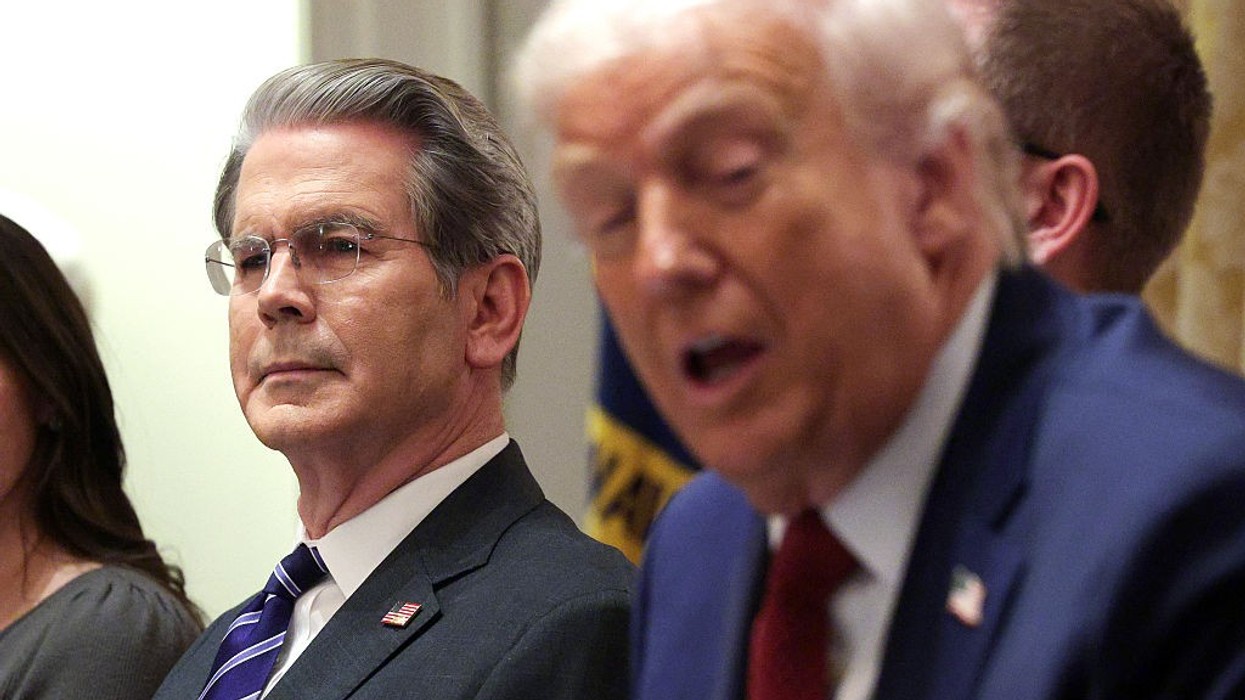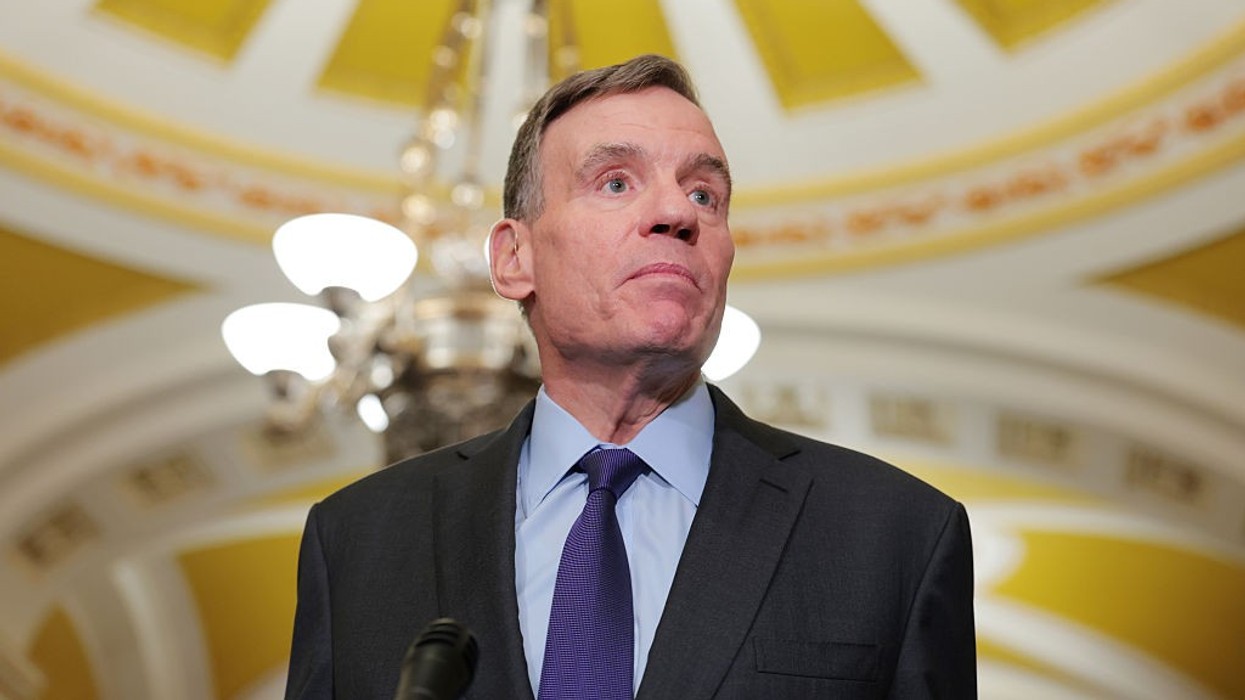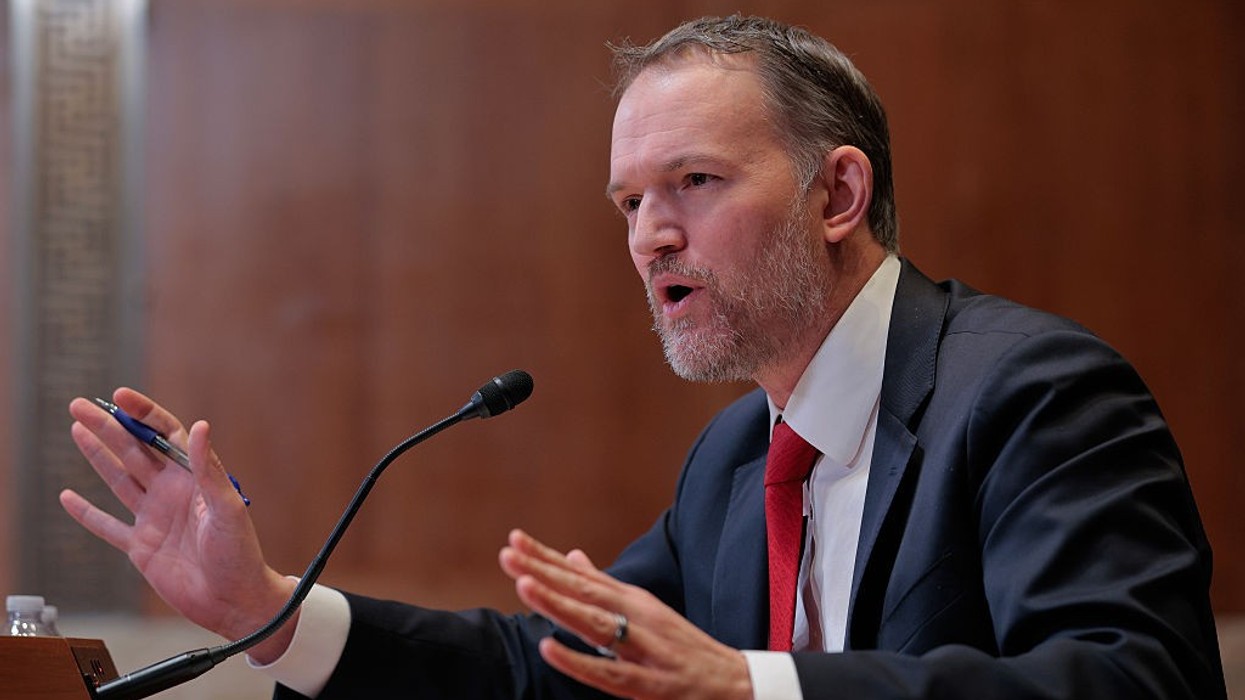In a key development during ongoing India-US trade deal negotiations, the United States has firmly rejected India's plan to suspend trade concessions in retaliation for tariffs imposed on steel and aluminium exports. The US communicated its position to the World Trade Organization (WTO) on Friday (23), stating that India’s move lacks legal grounding under WTO rules.
Washington made it clear that it does not consider the Section 232 tariffs — which impose a 25 per cent duty on steel and 10 per cent on aluminium — to be “safeguard measures” under the Agreement on Safeguards. “The US will not discuss Section 232 tariffs under the Agreement on Safeguards as we do not view the tariffs as a safeguard measure,” the official US response said.
Section 232 allows the US President to restrict imports that could pose a threat to national security. The tariffs, originally imposed on March 8, 2018, and modified again in February 2025, took effect from March 12 this year. Washington continues to maintain that these measures were national security decisions rather than typical trade protection steps, hence do not fall under WTO safeguard provisions.
In response to the duties, India had earlier notified the WTO of its intention to impose retaliatory tariffs on 29 American products, including agricultural goods like apples, almonds, and pears, along with industrial items such as boric acid, anti-freeze preparations, and specific iron and steel articles. These proposed countermeasures would impact around $7.6 billion worth of imports from the United States, according to a report by the Economic Times.
India argued that the US failed to notify the WTO Committee on Safeguards about these protective duties and initiated a request for consultations on April 11, 2025. Under WTO norms, a country affected by safeguard measures can seek consultations and, if unresolved, suspend equivalent concessions. However, Washington has accused India of not honouring its consultation obligations and of ignoring the US’s proposal for dialogue sent on April 16, 2025.
This clash comes as India and the US are reportedly close to finalizing the first phase of a bilateral trade deal, with expectations to seal it by early July. This timing is crucial, as new reciprocal tariffs from the US administration, including a 25 per cent duty on iPhones made outside the US, are set to come into effect soon, potentially complicating trade flows and investment decisions between the two nations.
While India maintains that it is merely responding within WTO guidelines to unjustified tariffs, the US continues to emphasize that its actions fall outside the safeguard framework, framing it as a matter of national security. The dispute underscores the broader challenge of reconciling national interests with multilateral trade rules, even as both nations work toward a stronger economic partnership.


